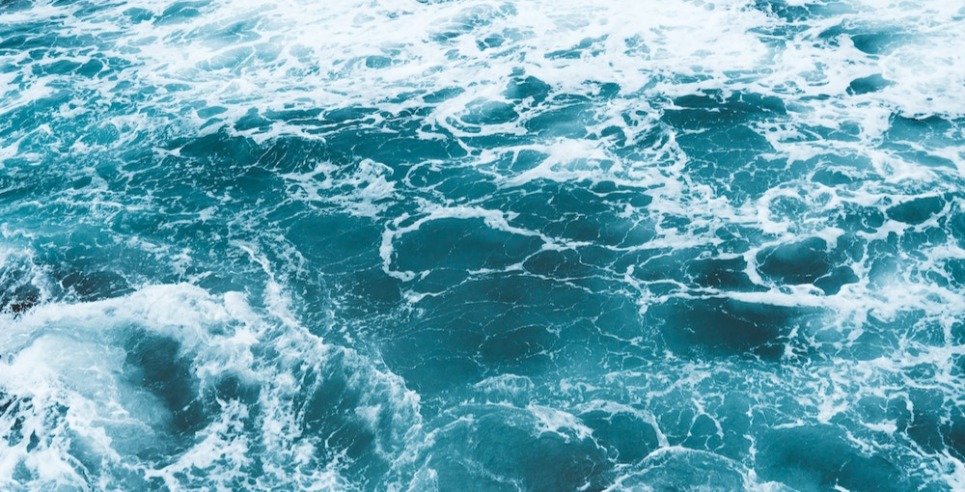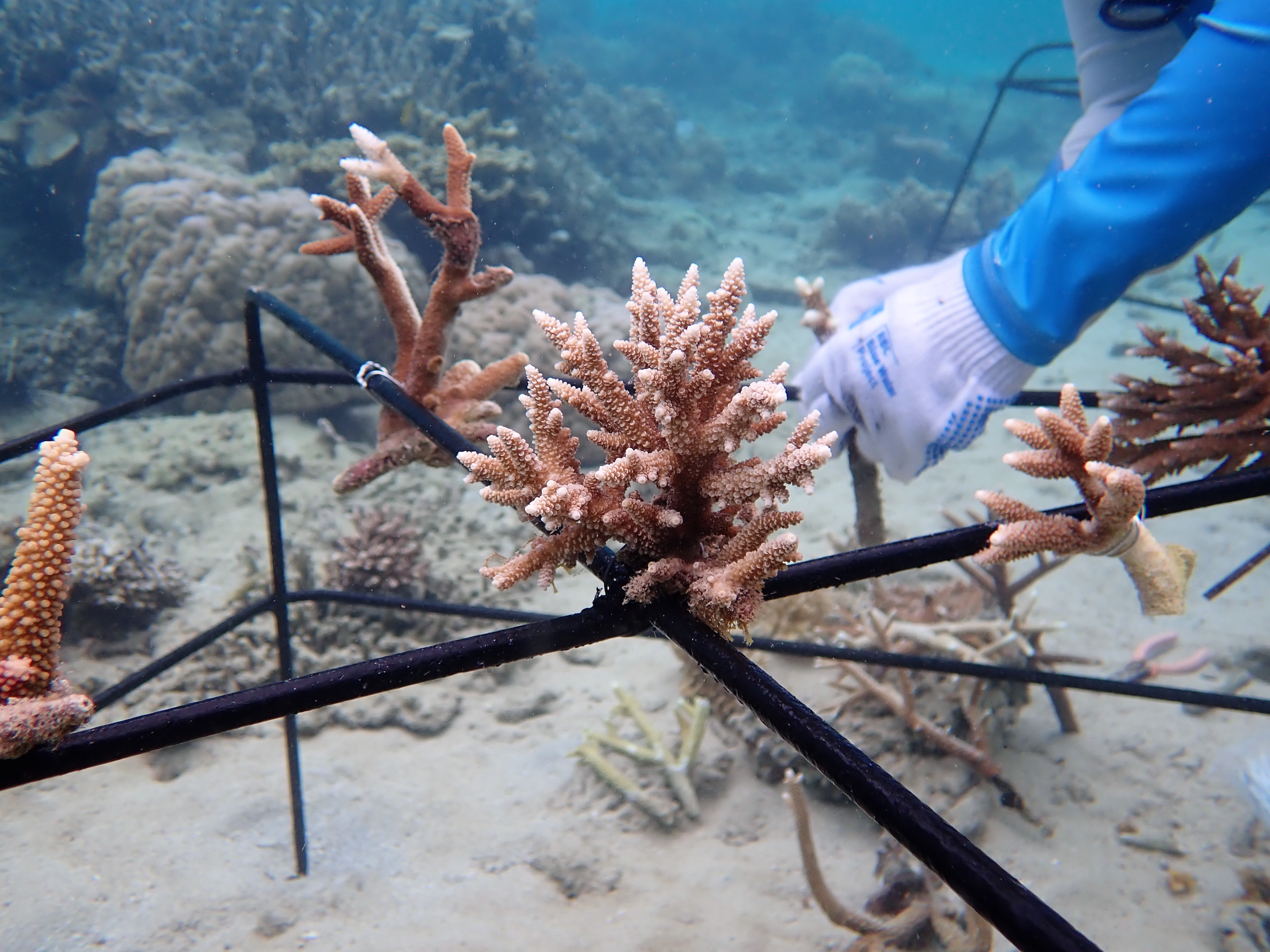News - June 8, 2020
World Oceans Day: solutions to protect our oceans!


Written by Tristan Lebleu 5 min read
Oceans cover more than 70 percent of the surface of our Planet. They are pillars of life on Earth as they provide food and oxygen, absorb carbon dioxide (about a quarter of the amount we release), regulate the weather and are home to wildlife.
Every year since 2002, June 8th is celebrated around the globe as World Oceans Day, a date to recognize and honor the importance of our oceans. Protecting oceans is more important than ever, as they are increasingly threatened by human activities. This 2020 Edition of World Oceans Day is marked by the 30x30 campaign, a “call on world leaders to protect 30% of the world's ocean by 2030”.
From stopping plastic pollution in rivers, increasing the use of renewable energy, using less chemicals in our industrial and agricultural processes or saving water in our households… There are actually thousands of ways to protect oceans and clean technologies to help us get there. On this special occasion, here are a few clean and profitable solutions labelled by the Solar Impulse Foundation to celebrate World Oceans Day:
The Interceptor™, a solution to stop plastic pollution
Boyan Slat, the Dutch inventor behind The Ocean Cleanup project, impressed the world when he announced his mission to rid the Planet of the “Great Pacific Garbage Patch”, a massive accumulation of plastic debris in the Pacific Ocean. But his newest mission is just as ingenious: a solar-powered boat which can intercept river plastic pollution, before it even enters the ocean. Indeed, an estimated 1000 rivers are responsible for roughly 80% of ocean plastic pollution. By tackling the problem upstream, this solution could have a much higher impact. This autonomous and connected barge can extract 50,000 kilograms of plastic per day and is easily scalable. The system has already been deployed in 2 rivers in SouthEast Asia, with a plan to scale to 1000 rivers by 2025.
CHECK THE SOLUTION PAGEWaveGem®, to harness the power from the ocean

One of the best options to protect our oceans could actually be… to harness them! Fossil fuels, which are high emitters of CO2, are putting our oceans in danger. Indeed, the more carbon dioxide we emit, the more is absorbed by our ocean, leading to a major issue: ocean acidification. The change of the ocean’s pH - approximately 30 percent increase in acidity since the beginning of the Industrial Revolution - could have dramatic effects on coral reefs and most ocean species. Thus, investing in renewable energy is a priority to protect our oceans.
WaveGem is a renewable energy solution for off-grid isolated sites. This mid-size marine platform produces energy from waves and from the sun. Being autonomous, reliable, safe, robust, and highly competitive, it is a perfect solution to replace diesel generators on remote islands. The solution avoids 2.2 tons of CO2 emissions per year for each kW produced compared to a diesel generator.
CHECK THE SOLUTION PAGETēnaka, a nature-based solution to restore coral reefs

Coral reefs are crucial for our Planet. Protecting and restoring them is essential, as they host 30% of the world's marine biodiversity, they provide oxygen, and they protect coastal communities from waves. And their importance is economic as much as environmental. “From tourism to marine recreation and sport fishing, [...] coral reefs provide economic goods and services worth about $375 billion each year” according to the National Oceanic and Atmospheric Administration (NOAA).
Tēnaka’s mission is to restore and preserve coastal ecosystems. Thanks to the development of coral nurseries, Tenaka is able to restore the resilience of marine habitats and secure the benefits they provide for coastal communities. The startup’s model is to provide tailor-made CSR programs to help businesses reach their environmental targets. For each coral reef sponsored, companies are provided with precise impact measurements and a scientific monitoring of the planted corals, as well as communication elements (photographs, etc.).
Other solutions to protect oceans:
Technology alone can not protect our oceans. Citizens from all around the world must also come together to demand more action from national, regional and local governments. To this end, World Oceans Day and many organizations have joined an online petition asking “governments worldwide to protect at least 30% of the planet's land and ocean by 2030, and preserve intact ecosystems and wilderness at the Convention on Biodiversity COP15 Summit in October 2020”.

Written by Tristan Lebleu on June 8, 2020










